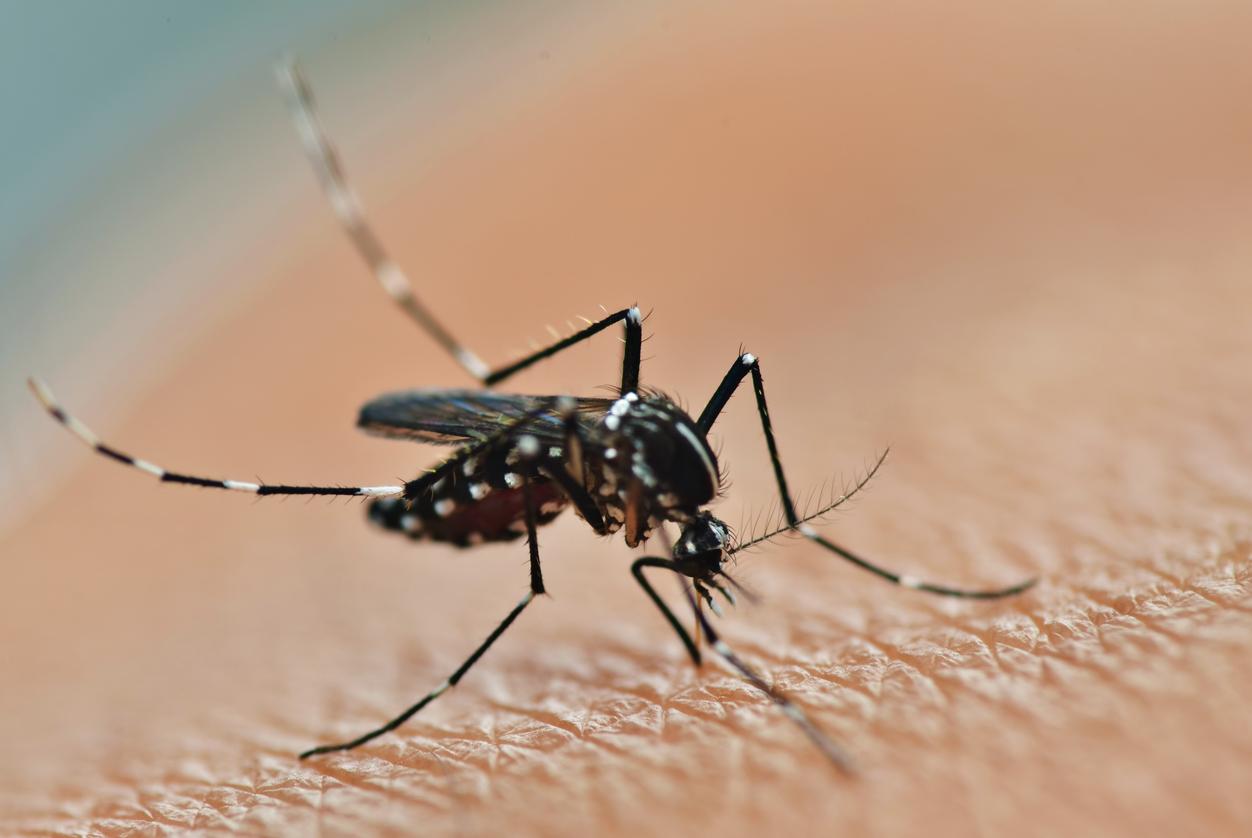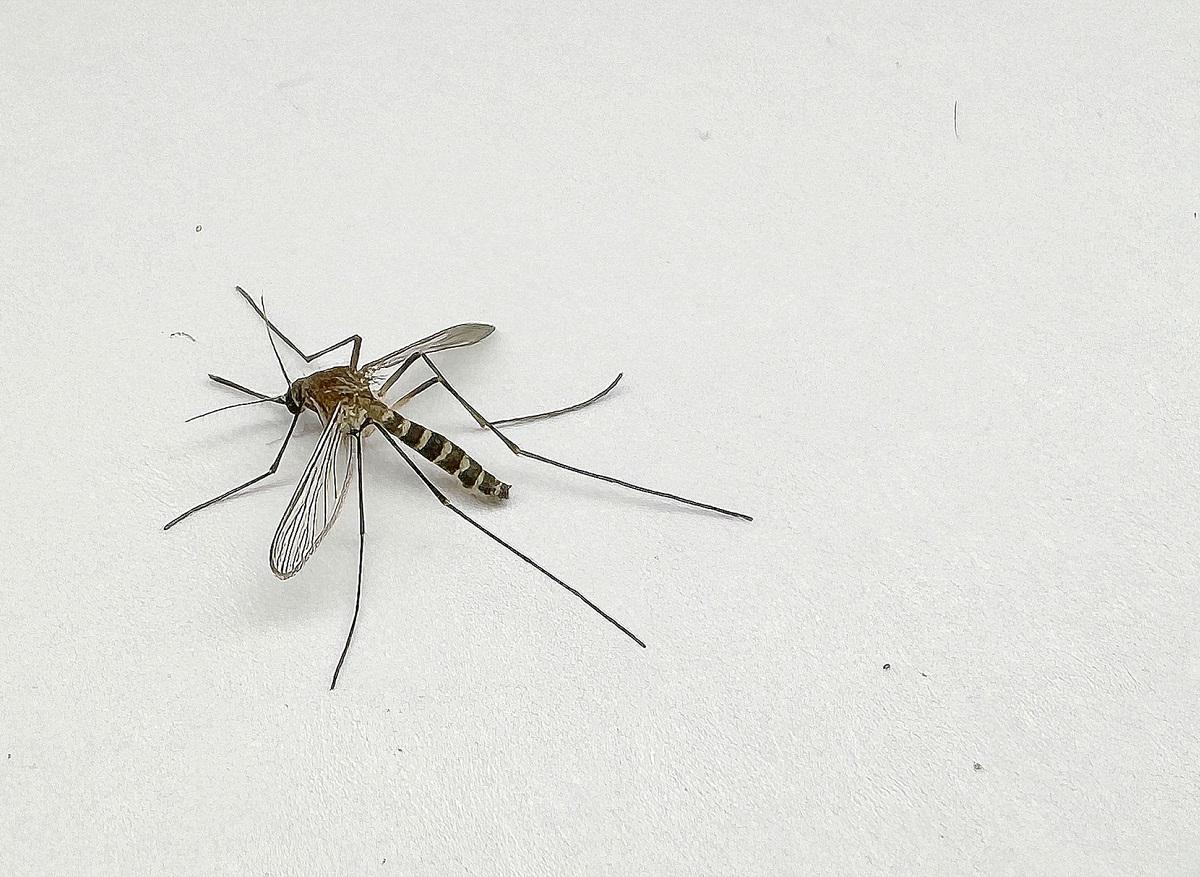
August 5, 2016.
The Zika virus crosses borders and worries the authorities. Since its appearance in Central America, this virus, particularly feared by pregnant women, has infected many regions of the world.
Zika virus at the origin of an international health emergency
The Zika virus is raising many fears around the world. Fears that are taken seriously by the World Health Organization (WHO), which declared an international health emergency due to the rapid transmission of this virus which, according to expert estimates, should be able to infect millions of people before the end of the year.
In the United States, the Center for Disease Prevention and Control (CDC) issued a note to travelers last Monday, informing them of the risks incurred by pregnant women and their partners in the event of travel to Miami, and particularly to Wynwood. This district of the city is indeed the first, on all the American territory, where premises were contaminated, on the spot, without having traveled, a sign that the virus is indeed installed in North America.
A virus feared by pregnant women
Discovered almost 70 years ago, the Zika virus did not cause epidemics until 2007. That year, the contagion started in Micronesia, infecting around 75% of the population.. Six years later, the virus reappeared in French Polynesia and has since circulated to Brazil. It is from this huge Central American country that today, in 2016, many countries have been affected. Canada, Chile, France, Italy, but also New Zealand, Peru, Portugal, and the United States are concerned so that drastic health measures have been put in place by several governments and agencies. sanitary facilities.
And yet, this virus, transmitted by mosquitoes, goes unnoticed in most cases. However, it can be associated with various symptoms such as fever, headache, rash, fatigue, or muscle and joint pain, which can last for a week and do not leave a mark. But he is particularly feared in pregnant women, because it would be at the origin of the appearance, in fetuses, of microcephaly that cause irreversible mental retardation.
Read also: 5 things to know about the Zika virus

















